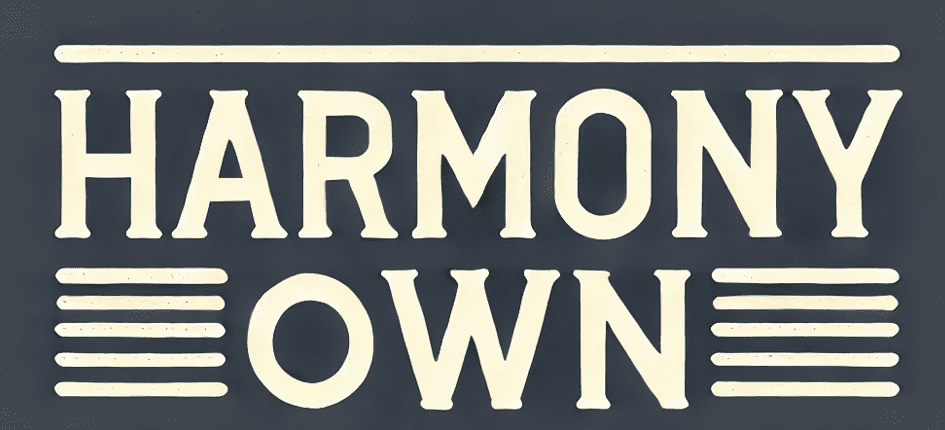

Small Town Life: The Pros and Cons of Living in a Close-Knit Community
Living in a small town can be a dream come true for many. The close-knit community, the charm of a local downtown, and the simplicity of life are just a few of the appealing aspects of small town living. However, like any lifestyle, it has its pros and cons. Let’s dive into the benefits and drawbacks of living in a small town.
Lower Cost of Living
The cost of living in a small town is significantly lower compared to cities. According to the Council for Community and Economic Research, the cost of living in rural areas is about 38% lower than in urban areas. This means that you can enjoy a similar quality of life with a lower budget. For example, you can find affordable furniture and appliances at stores that offer lease-to-own options like those found on Harmony Own.
Tight-Knit Community
Small towns are known for their close-knit communities. Everyone knows each other, and neighbors are often like one big extended family. This sense of community can be beneficial for mental health, especially for those who struggle with loneliness. A study published in the Journal of Community Psychology found that people who lived in close-knit communities reported higher levels of social support and lower levels of depression.
Limited Job Opportunities
One of the major drawbacks of living in a small town is the limited job opportunities. Many small towns have few industries, and job competition can be fierce. According to the Bureau of Labor Statistics, rural areas have higher unemployment rates compared to urban areas. This can make it difficult for people to find stable employment and advance in their careers.
Limited Access to Amenities
Small towns often lack the amenities that cities have. This can include access to quality healthcare, education, and entertainment. According to a report by the National Rural Health Association, rural areas have fewer healthcare providers and specialists compared to urban areas. This can make it difficult for people to access quality healthcare.
Slower Pace of Life
The pace of life in a small town is often much slower compared to cities. This can be beneficial for people who want to escape the hustle and bustle of city life. However, it can also be a drawback for those who thrive in fast-paced environments. According to a study published in the Journal of Happiness Studies, people who lived in small towns reported higher levels of life satisfaction and happiness.
Environmental Benefits
Living in a small town can also have environmental benefits. Small towns often have less air pollution, noise pollution, and traffic congestion compared to cities. According to a report by the Environmental Protection Agency, rural areas have better air quality compared to urban areas. This can be beneficial for people who value environmental sustainability.
Conclusion
Living in a small town can be a great choice for those who value a close-knit community, a lower cost of living, and a slower pace of life. However, it’s also important to consider the limited job opportunities, limited access to amenities, and potential drawbacks of small town living. Ultimately, whether or not small town living is right for you depends on your individual preferences and priorities.

